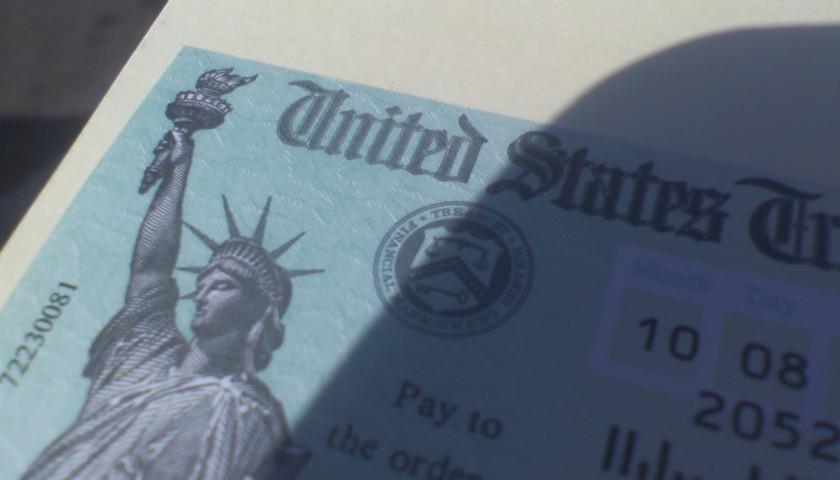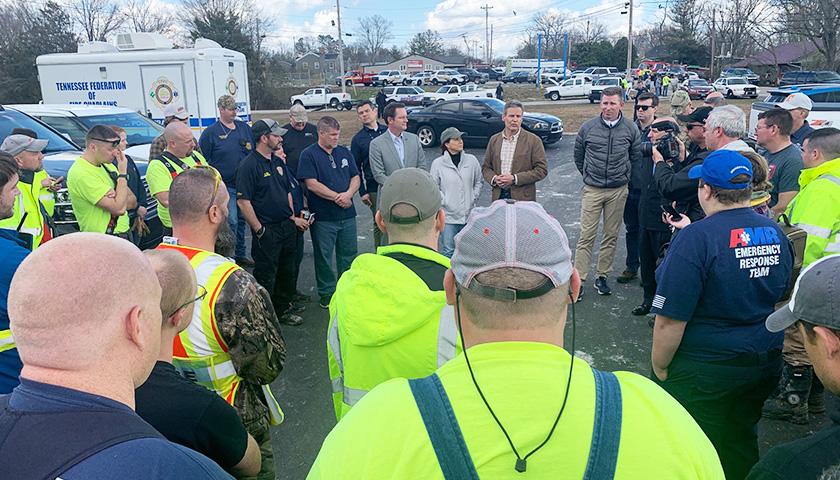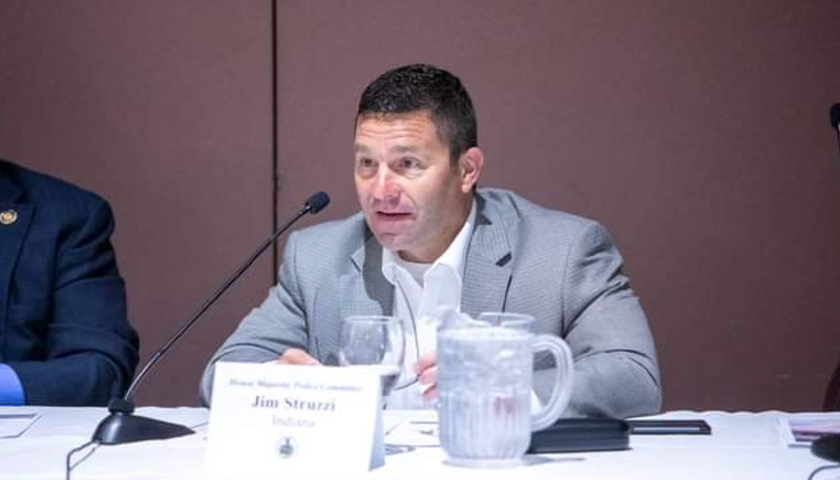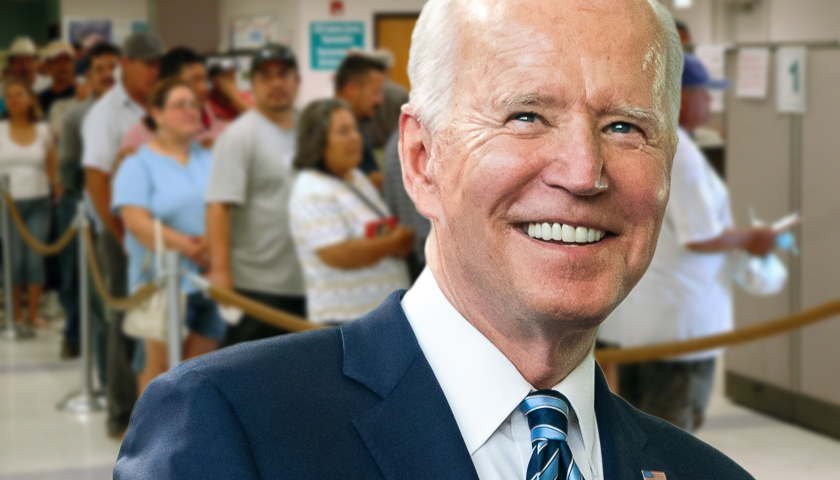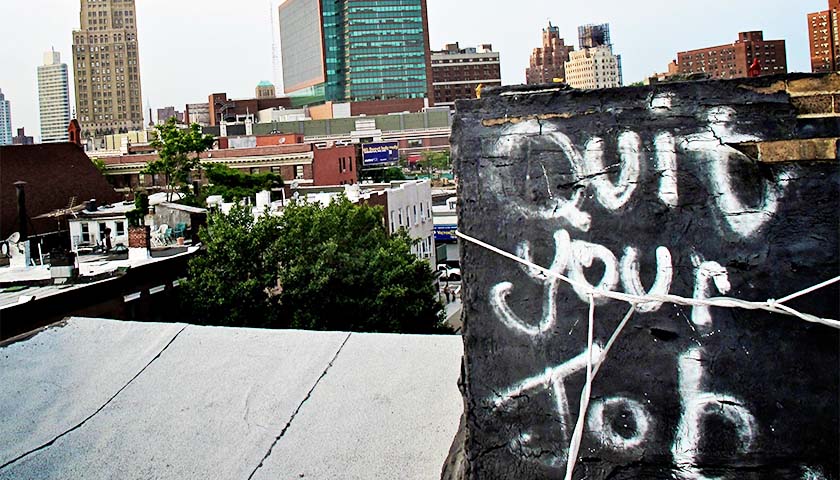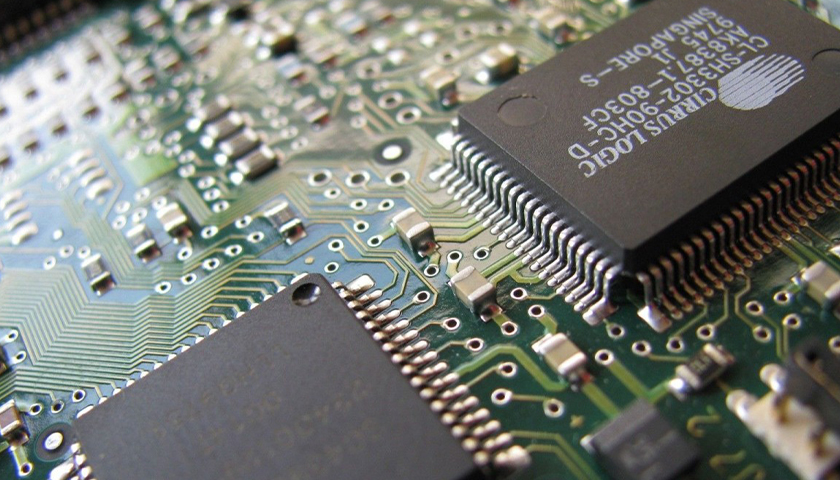These days, it’s almost common knowledge that homeschooled students have a better academic education, do better in college and careers, and are regarded as “smarter” than students from public schools. Homeschooling families typically gravitate toward this educational lifestyle to avoid the public school environment, to prioritize their faith and family values, to adjust to a more flexible and forgiving lifestyle, and to offer their children a better childhood than that found in public schools. Yes to all! These are wonderful reasons to choose homeschooling and should be widely shared and celebrated.
When my parents chose to homeschool me and my siblings, though, they had no idea how deep the effects would be. Academics is only one aspect of homeschooling. The family-centric, homeschool lifestyle offered us benefits that continue to shape my adult life and the life of my own family. Everyone should know the often completely hidden perks that homeschooling provides children long after they finish their high school coursework.
Read the full story

